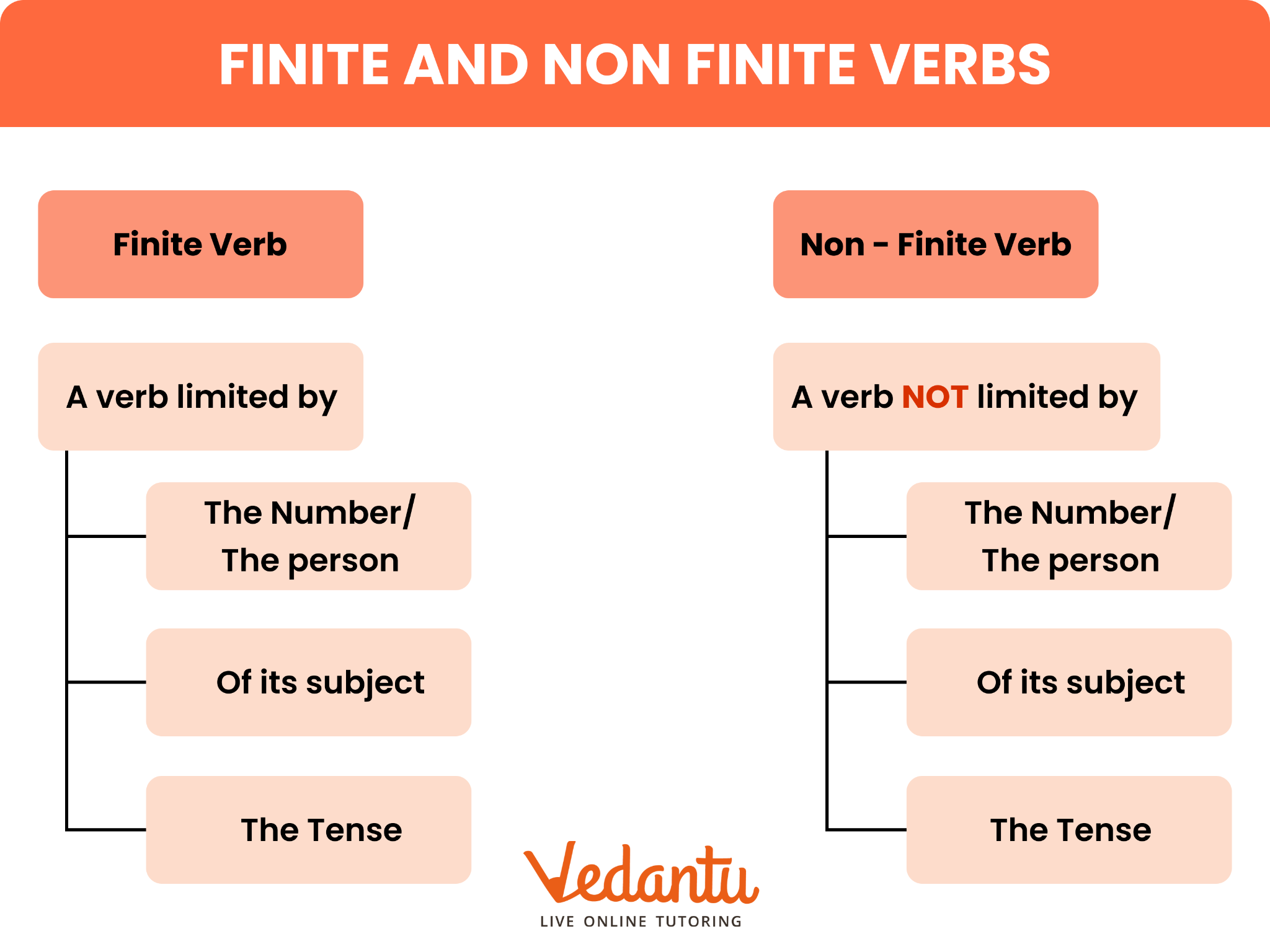




Stepwise Practice for Finite and Non Finite Verbs Exercises
FAQs on Finite and Non Finite Verbs Exercises with Answers
1. What are finite and non-finite verbs?
Finite and non-finite verbs are types of verbs used in English grammar. Finite verbs are verbs that show tense and agree with the subject. Non-finite verbs do not show tense and do not agree with the subject.
2. How can I practice finite and non-finite verbs?
You can practice by using finite and non-finite verbs exercises with answers. These exercises help reinforce your understanding and improve your ability to identify and use these verbs correctly.
3. Where can I find finite and non-finite verbs exercises with answers?
Finite and non-finite verbs exercises with answers are available in various grammar books, online resources, and educational platforms. These exercises usually come with solutions to help you check your answers.
4. Is there finite and non finite verbs exercises with answers PDF?
Yes, you can download a finite and non-finite verbs exercises with answers PDF from educational websites and online resources. This allows you to practice offline and review the answers at your convenience.
5. How do finite and non-finite verbs exercises help in exam preparation?
Finite and non-finite verbs exercises with answers help you prepare for exams by giving you practical experience with these verb types. They reinforce grammar rules and improve your accuracy in identifying and using verbs in sentences.
6. Can I get finite and nonfinite verbs exercises PDF?
Yes, many websites offer finite and non finite verbs exercises PDF that you can download. These PDFs usually include a variety of exercises along with answers for self-assessment.
7. Why should I use finite and non finite verbs exercises with answers?
Using finite and non-finite verbs exercises with answers allows you to check your understanding of the topic. The answers help you correct any mistakes and learn from them, making your study more effective.
8. What is the difference between finite and non-finite verbs?
The difference between finite and non-finite verbs lies in their function. Finite verbs change according to the subject and tense, while non-finite verbs remain unchanged regardless of the subject or tense.
9. Are there online resources for finite and non finite verbs exercises with answers?
Yes, there are numerous online resources where you can find finite and non-finite verbs exercises with answers. These resources often include interactive exercises and downloadable PDFs for additional practice.
10. How do I know if I’ve mastered finite and non-finite verbs?
You can gauge your mastery by regularly practising finite and non-finite verbs exercises. Checking your work against the answers provided in the exercises with answers PDF will help you understand your progress and areas for improvement.























